7 Facts To Know About Top Vegan Skincare and Cruelty-Free Products

When it comes to choosing skincare products, especially if you're aiming for ethical, clean beauty, you’ve probably encountered terms like vegan and cruelty-free. These labels can be confusing, and many people use them interchangeably.
But are they the same? How do you know which products truly align with your values and skincare goals?
In this detailed guide, we will go through the key differences between vegan and cruelty-free skincare, what to look for on labels, and how to make the best choices for your skin and conscience.
This article is inspired by insights from Nancy Reagan, a renowned skincare expert and founder of Skin Diva Labs, who has helped countless people understand and navigate the world of ethical skincare.
If you’re ready to unlock the secrets to beautiful, radiant skin without harmful toxins, keep reading to discover everything you need to know about top vegan skincare and cruelty-free products.
1. What Does “Cruelty-Free” Really Mean?
One of the most common labels you’ll see on skincare and cosmetic products is the cruelty-free logo, often represented by a little bunny. But what does cruelty-free truly mean?
Cruelty-free means that no animal testing was conducted at any point during product development. This includes testing on the finished product and on its ingredients. It’s a commitment that no animals were harmed or used in experiments to ensure the product’s safety or efficacy.
However, it’s important to understand what cruelty-free does NOT mean. A cruelty-free product:
- May still contain animal-derived ingredients.
- Does not guarantee the product is vegan.
For instance, a product could be cruelty-free but contain ingredients like beeswax or lanolin, which come from animals. If you want to be sure a product is cruelty-free, look for certifications like the Leaping Bunny or PETA’s cruelty-free logo. These certifications verify that no animal testing was used.
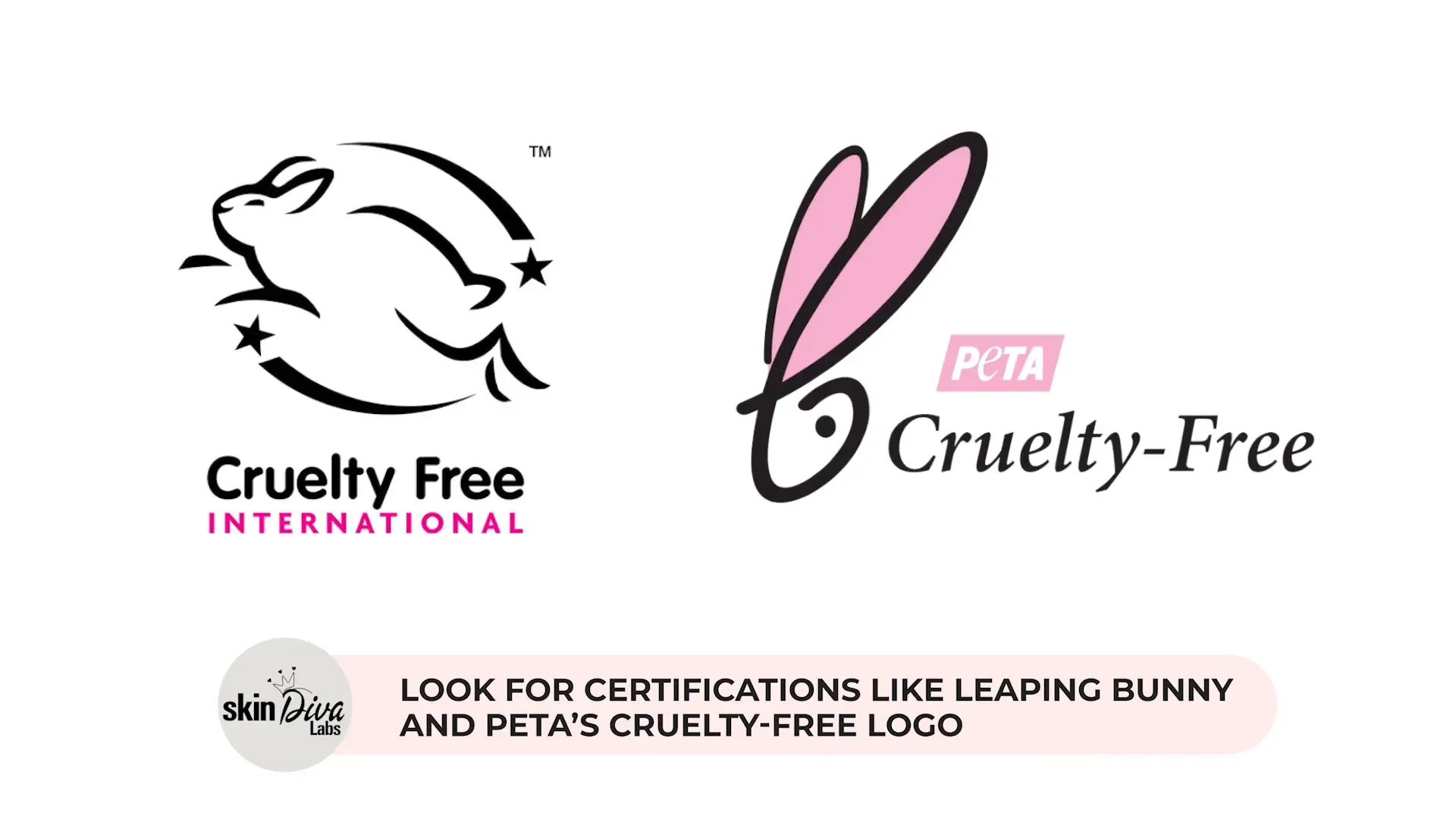
2. Understanding Vegan Skincare: What’s Included and What’s Not
On the other hand, vegan skincare means that the product contains no animal-derived ingredients whatsoever. Vegan products are plant-based or synthetic and exclude anything sourced from animals.
Some common animal-derived ingredients you might find in non-vegan skincare products include:
- Beeswax – a natural wax from honeybees, often used for texture and moisture retention.
- Lanolin – a fatty substance derived from sheep’s wool, used for its emollient properties.
- Animal-based collagen – collagen sourced from animals, used to promote skin elasticity.
- Squalane – often derived from shark liver, though plant-based alternatives exist.
- Carmine – a red pigment made from crushed beetles, commonly used in color cosmetics.
If you want to ensure your skincare is vegan, look for labels like the Certified Vegan or the Vegan Society logo. These certifications guarantee that no animal ingredients are present in the product.
3. Can a Product Be Both Vegan and Cruelty-Free?
This is a common question, and the answer is: yes, but it’s not always the case. The relationship between vegan and cruelty-free products can be complex.
Here’s the breakdown:
- Cruelty-free but not vegan: A product may not be tested on animals (cruelty-free) but still contain animal ingredients like beeswax or lanolin.
- Vegan but not cruelty-free: A product may contain no animal ingredients (vegan) but could still be tested on animals, especially if sold in countries where animal testing is required by law.
- Both vegan and cruelty-free: This is the ideal scenario where a product contains no animal ingredients and is not tested on animals at any stage.
Interestingly, vegan products are inherently less likely to be tested on animals because they are plant-based, and it would contradict the vegan philosophy to harm animals.
However, regulations in some countries still require animal testing for imported products, so it’s important to check labels carefully.
4. Why Should You Care About Both Vegan and Cruelty-Free Labels?
Choosing products that are both vegan and cruelty-free is more than just a trend—it's a conscious decision to support ethical, environmentally friendly, and health-conscious beauty.
Here’s why this matters:
- Animal welfare: Avoiding products tested on animals helps reduce animal suffering and cruelty in the beauty industry.
- Environmental impact: Plant-based ingredients tend to have a smaller ecological footprint compared to animal-derived ingredients.
- Health benefits: Vegan skincare often excludes harsh animal-derived chemicals and toxins, making it gentler for sensitive skin.
- Transparency: Brands that commit to both vegan and cruelty-free practices tend to be more transparent and accountable.
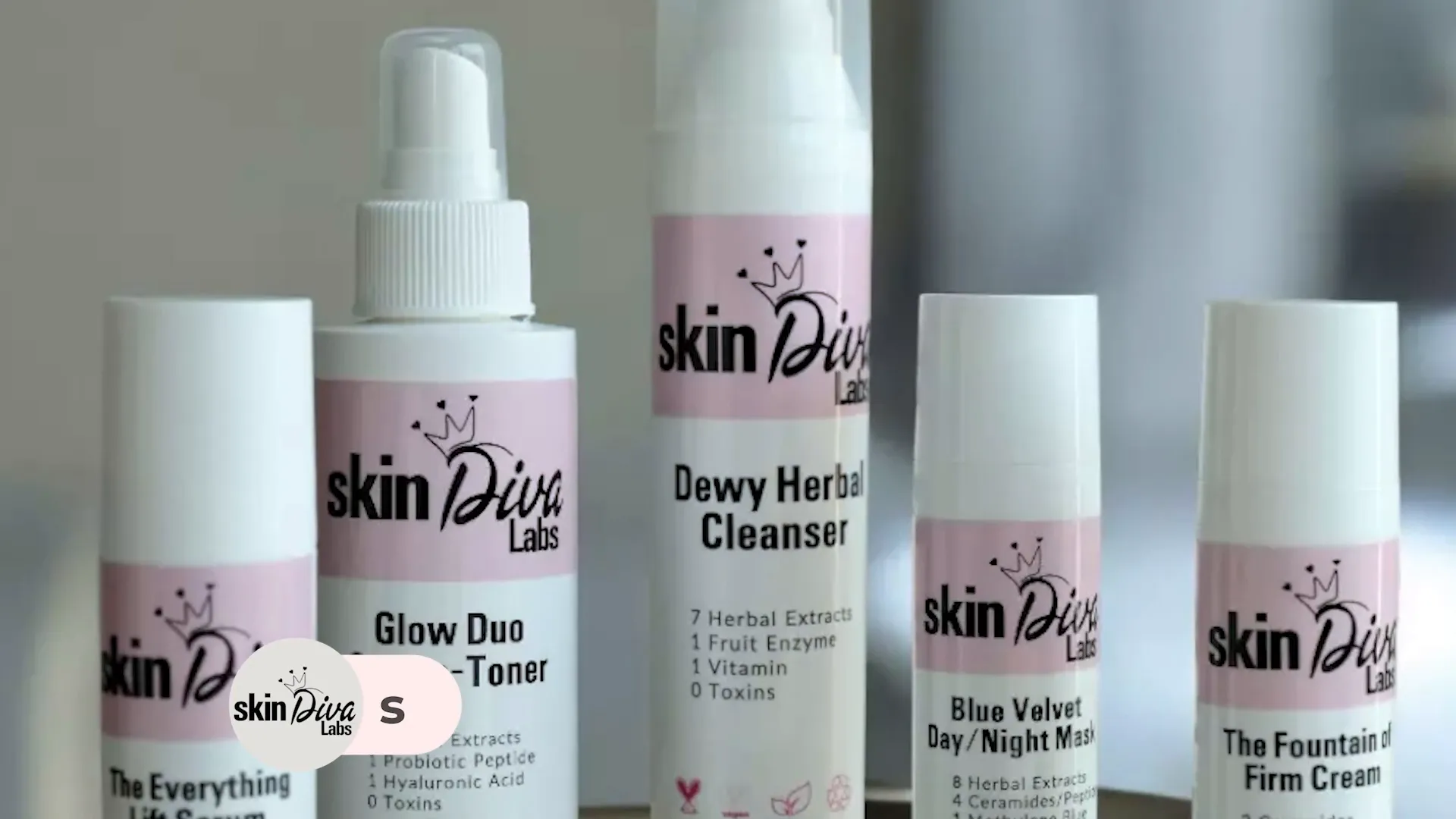
5. How to Decode Skincare Labels and Certifications
With so many products claiming to be “natural,” “organic,” “vegan,” or “cruelty-free,” it can be overwhelming to figure out what’s truly in your skincare.
Here are some tips to help you decode the labels:
- Look for trusted certifications: The Leaping Bunny and PETA logos are reliable for cruelty-free assurance. For vegan, look for Certified Vegan or Vegan Society logos.
- Read ingredient lists: Watch out for animal-derived ingredients like beeswax, lanolin, collagen, squalane (check source), and carmine.
- Research brands: Check if the brand has a clear ethical stance on animal testing and ingredient sourcing.
- Beware of loopholes: Some brands may have cruelty-free policies but sell in markets that require animal testing, which disqualifies them from being truly cruelty-free.
Using mobile apps and AI tools can also help you scan products instantly to check for harmful ingredients and ethical certifications, making your shopping experience easier and safer.
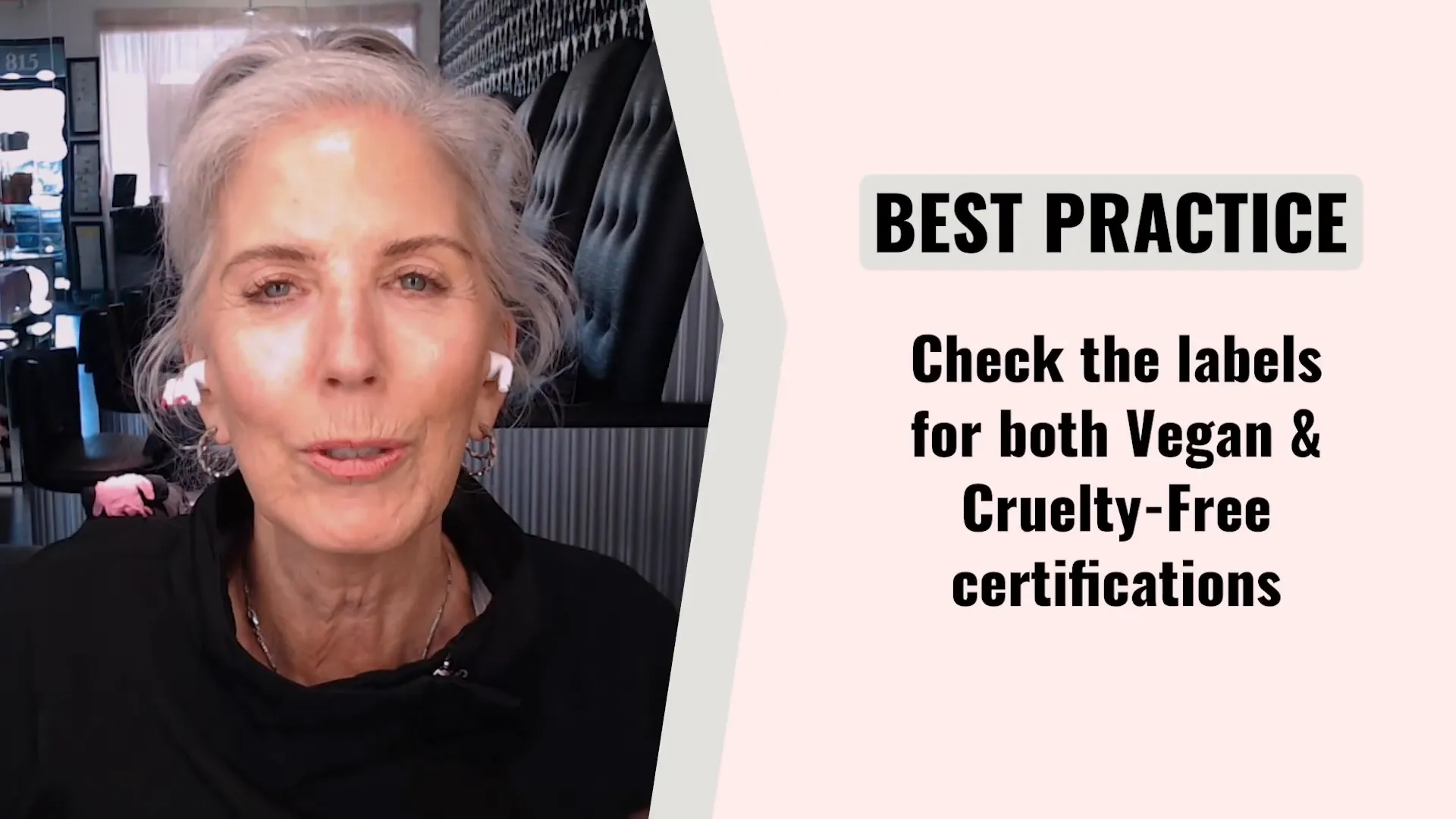
6. My Personal Recommendation: Skin Diva Labs’ Vegan Cruelty-Free Skincare
At Skin Diva Labs, we specialize in vegan, non-toxic NAD+ skincare that is carefully formulated to deliver visible results without compromising ethics.
Our products are:
- 100% vegan, free from animal-derived ingredients.
- Certified cruelty-free, with no animal testing at any stage.
- Non-toxic and safe for all skin types, especially mature skin over 40.
- Scientifically formulated to rejuvenate, brighten, and hydrate your skin.
I invite you to start your skincare journey with products that are designed to get your skin vibrant, glowing, and gorgeous in just 14 days. Embracing vegan and cruelty-free skincare is not just a lifestyle choice but a path to healthier, happier skin.
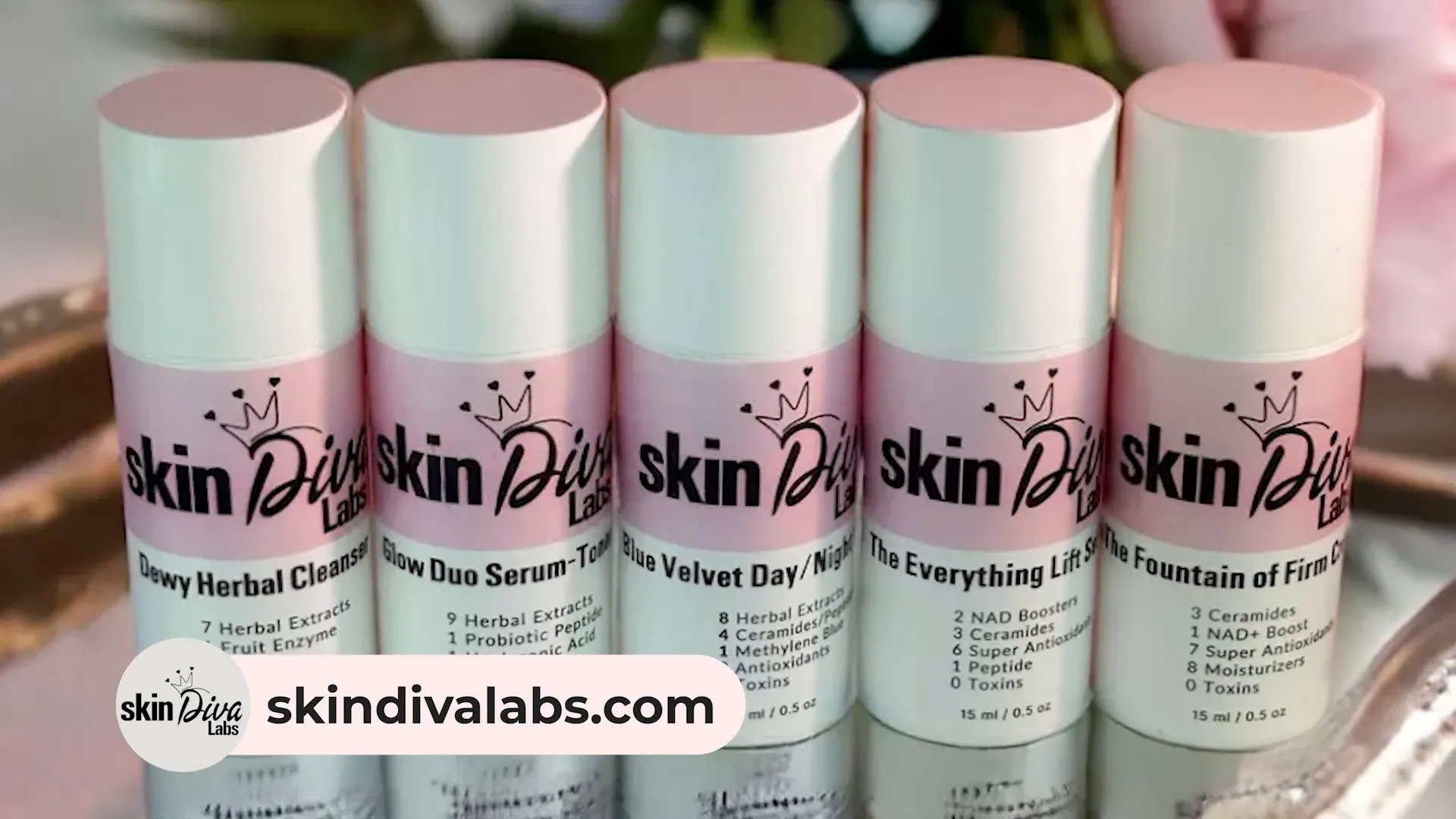
7. Bonus: Unlock the Secrets to Gorgeous Skin Without Toxins
Want to dive deeper into clean, ethical skincare? I’ve created a free ebook titled Discover the Five Secrets of Gorgeous, Vibrant Skin Without Toxins. It’s packed with essential tips and knowledge to help you achieve youthful, glowing skin without exposing yourself to harmful chemicals.
This resource is perfect if you’re over 40 and ready to embrace your ageless beauty with confidence. Click the link below to grab your copy and start your fabulous skincare journey today!
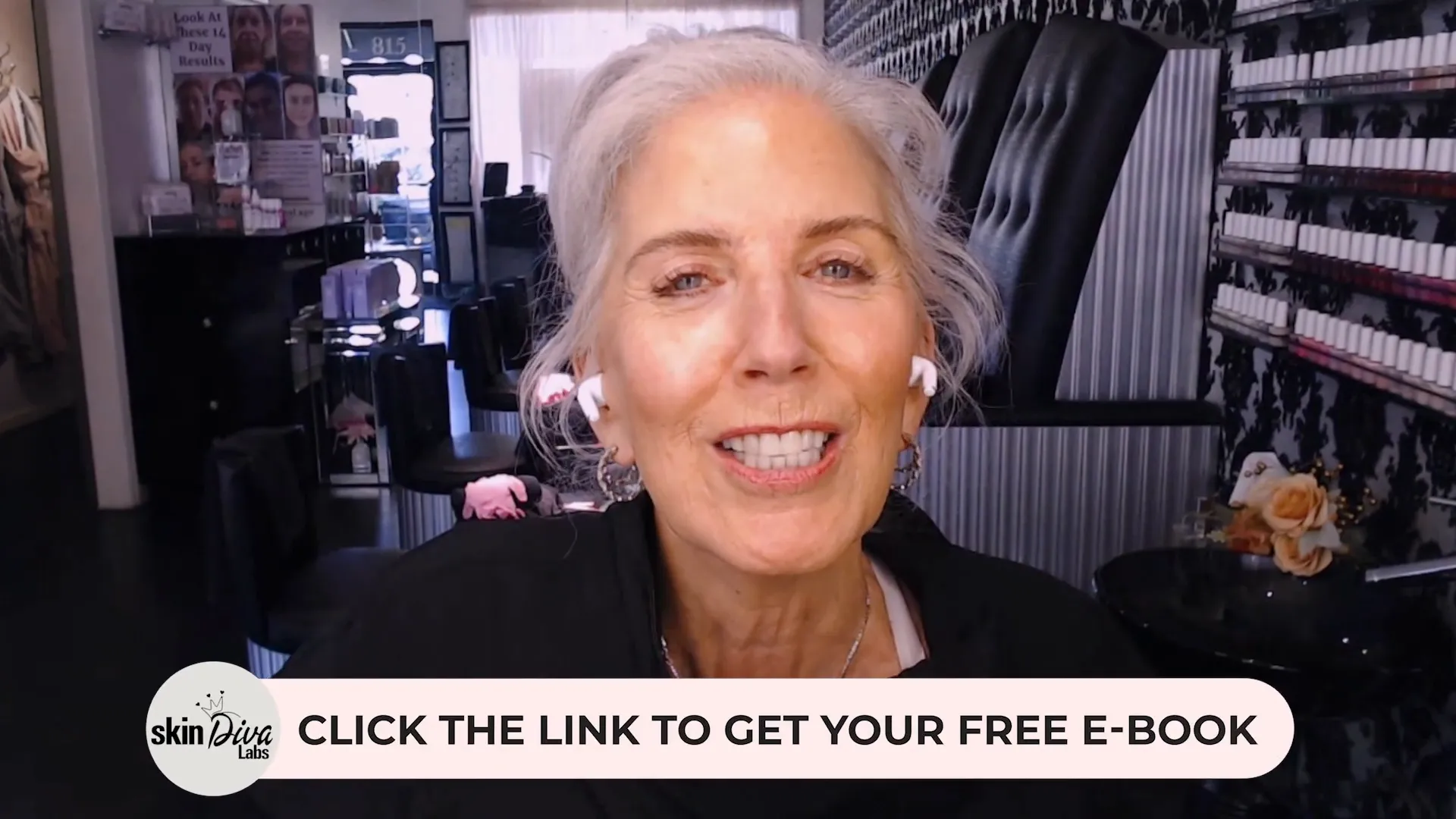
Frequently Asked Questions (FAQ)
Q1: Is vegan skincare always cruelty-free?
Not necessarily. While vegan skincare contains no animal ingredients, some vegan products may still be tested on animals, especially if sold in countries with mandatory animal testing laws. Always check for cruelty-free certifications in addition to vegan labels.
Q2: Can a product be cruelty-free but not vegan?
Yes. A product can be cruelty-free, meaning no animal testing was done, but still include animal-derived ingredients like beeswax or lanolin.
Q3: What are some common animal-derived ingredients to watch out for?
Beeswax, lanolin, animal-based collagen, squalane (if sourced from animals), and carmine (from crushed beetles) are common animal-derived ingredients in skincare.
Q4: How do I find trustworthy vegan and cruelty-free products?
Look for trusted certifications such as Leaping Bunny for cruelty-free and Certified Vegan or Vegan Society logos for vegan products. Reading ingredient lists and researching brands also helps.
Q5: Why is it important to choose both vegan and cruelty-free skincare?
Choosing products that are both vegan and cruelty-free supports animal welfare, reduces environmental impact, and often leads to cleaner, safer skincare options.
Q6: Are vegan and cruelty-free products effective?
Absolutely. Many vegan and cruelty-free products are scientifically formulated to be highly effective. For example, Skin Diva Labs offers NAD+ skincare that rejuvenates and revitalizes skin while adhering to these ethical standards.
Q7: Can I use vegan skincare if I have sensitive skin?
Yes, vegan skincare is often gentler and free from harsh animal-derived ingredients, making it suitable for sensitive skin types.
Q8: How can I check if a product is tested on animals?
Look for cruelty-free logos, check brand policies on their websites, and use apps or online databases dedicated to cruelty-free brands.
Conclusion
Understanding the difference between vegan and cruelty-free skincare is crucial for making informed choices that reflect your values and skincare needs. While cruelty-free ensures no animal testing, vegan guarantees no animal-derived ingredients. The best skincare products are those that embody both principles, offering ethical, sustainable, and effective solutions.
By choosing top vegan skincare products that are also cruelty-free, you’re not only caring for your skin but also contributing to a kinder, more conscious beauty industry.
If you’re ready to take the next step, explore Skin Diva Labs’ vegan, cruelty-free skincare range and discover the transformative power of ethical beauty. Your skin—and the planet—will thank you!
Free Skin Diva 101 Guide
Discover the Five Secrets of Beautiful Skin Over 40 Without Toxins!
Get My Free Guide Now


